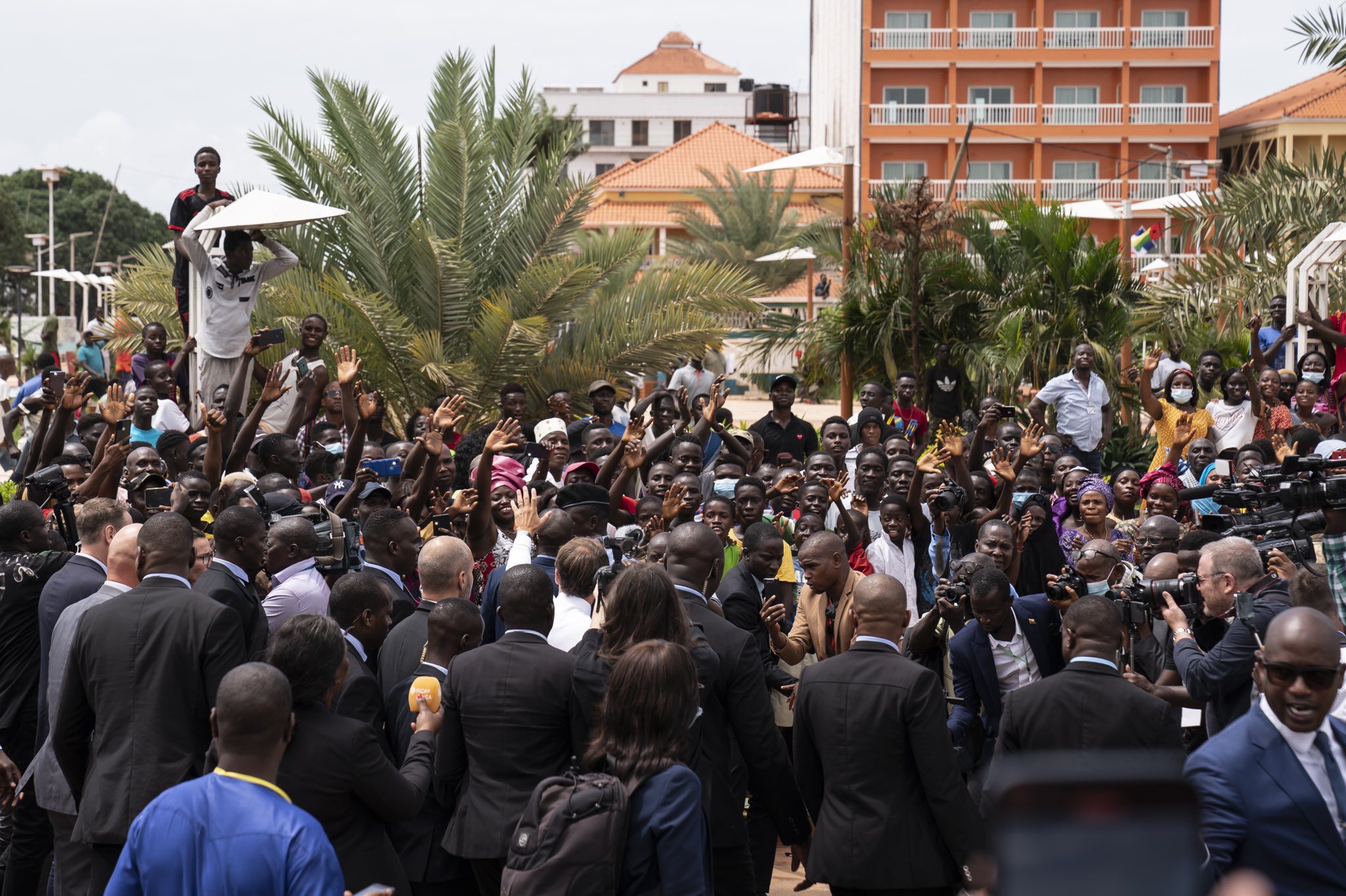
French President Macron recently toured three African states, Cameroon, Benin and Guinea-Bissau, in an effort to build on colonial ties with the African Francophonie (despite being Portuguese speaking, Guinea-Bissau is a part of the OIF, Organisation internationale de la Francophonie).
This was Macron’s first visit to Africa since winning reelection, but it follows from his previous commitment to drawing closer to the continent (even beyond French-speaking countries).
To a degree, Macron’s is an attempt to alter the long-term trend in Franco-African economic relations. In the case of Cameroon, for example, French companies have gone from constituting 40% of that country’s economy in the 1990s, to 10% last year.
The French president’s post-imperial attempt at retaining and reviving his country’s sphere of influence, therefore, has to contend with a movement to disengage from France in parts of the region (most notably Mali).
In an attempt to build bridges, Macron declared that archives concerning the colonial period in Cameroon would be fully opened, asking that historians investigate the painful moments in that history. In the same vein, he agreed to return looted artefacts to the country of Benin when visiting that country shortly after Cameroon.
In contrast, Russia’s Foreign Minister, Lavrov, is unencumbered by a colonial past (with its positives and negatives) during his recent visit to Egypt, Congo, Uganda, and Ethiopia. The relationship is not a new one, as many African states have refused to participate in anti-Russian sanctions over the invasion of Ukraine.
In terms of points of contrast, at the end of his African tour, while in Ethiopia, Lavrov emphasised the ideological and political interference that characterises western (U.S. and EU) involvement in Africa, whereas Russia is willing to support the Ethiopian government in ending the civil discord that has engulfed the country. Ethiopia’s actions in this context have been condemned by much of the West.
Russia is thus like China in seeking commercial and political solidarity with African countries and stopping short of pronouncing itself on matters of domestic policy. It may be that, apart from Europe, Russia will find itself competing with its Chinese allies in the African theatre.
It also remains to be seen whether French attempts at reviving post-colonial ties, while apologising for aspects of the colonial past, will reverse the trend towards African economic disentanglement from France, and whether this will delineate a separate sphere of influence from that of Russia, or result in conflict.
